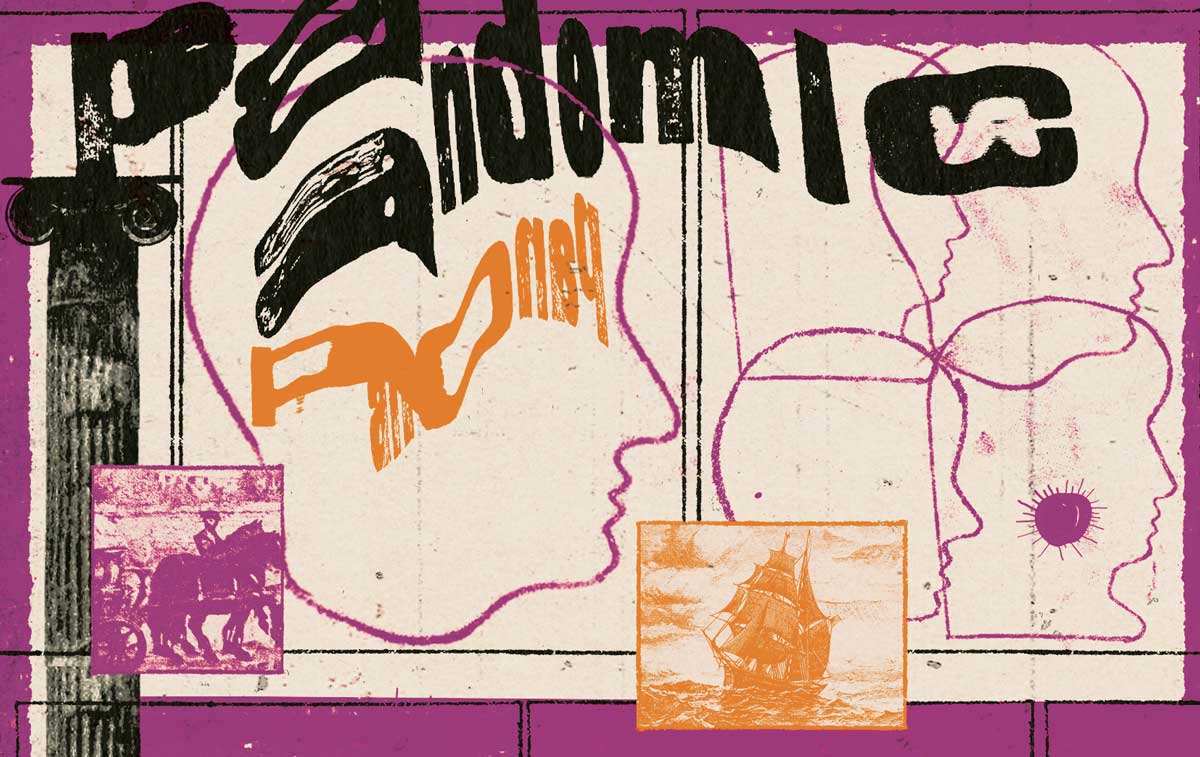Pandemics: Now and Then
As human populations expand and their exploitation of the globe increases, so does their vulnerability to certain diseases.

The Greek roots of endemic, epidemic and pandemic give them a patina of scientific precision, which is misleading. The uses and connotations of the terms have changed radically over time and even today they lack crisp definition. In ancient Greek, pandemic meant ‘relating to all the people’, in the sense of vulgar. Pandemic music, for example, was popular music, more Beyoncé than Brahms. It was not a medical term and never became the vernacular word for a pestilence, which was loimos from the Iliad on. When the term pandemic (or ‘pandemick’) was revived in early modern science, it was often used as a synonym for epidemic, but with a sense closer to the current meaning of the word endemic, as a disease that is permanently established in a population, rather than one that suddenly falls upon a population.







